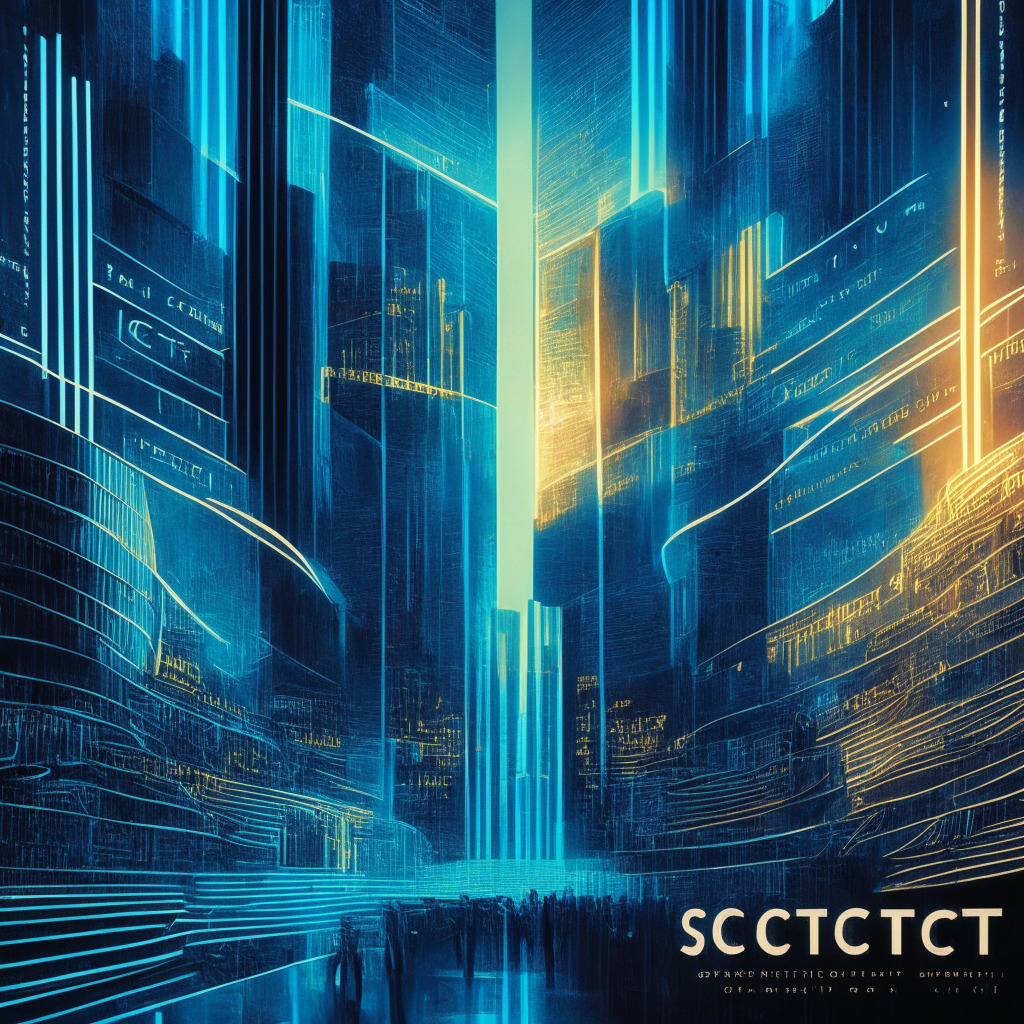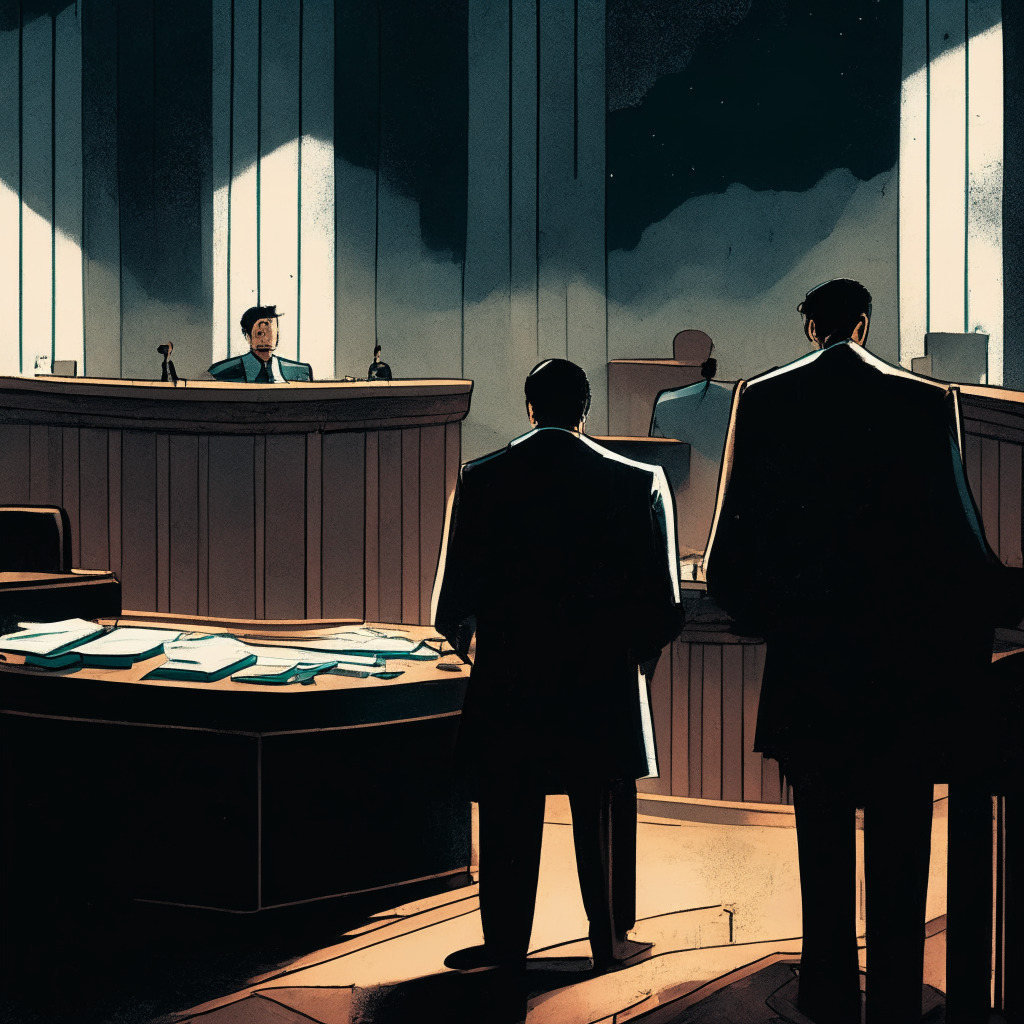The New York Federal Prosecutors Office and the US Securities and Exchange Commission (SEC) recently requested Swiss prosecutors to freeze crypto assets and fiat currency related to Terraform Labs and co-founder Do Kwon in digital asset bank Sygnum. This development comes after Dentons, a leading law firm representing Terraform Labs and its co-founder, submitted additional documents in a motion to dismiss the ongoing lawsuit filed by the US SEC. Judge Jed Rakoff will deliver a verdict on the motion to dismiss the case by July 14.
As a result of these measures, crypto assets and fiat currency worth $26 million were frozen by Swiss prosecutors. Reportedly, these assets belong to Terraform Labs (TFL), Do Kwon, former CFO Han Chang-Joon, and former TFL research lead Nicholas Platias. US and South Korean prosecutors claimed that Do Kwon had sent 10,000 BTC to a Swiss account, which authorities later identified to be Sygnum. The US SEC also alleged that Do Kwon had cashed out over $100 million worth of BTC after the 2022 Terra-LUNA Crisis.
Despite these allegations, Do Kwon also faces legal issues in Montenegro. On June 19, a Montenegro court found Do Kwon and Han Chang-joon guilty of using fake Costa Rican passports in an attempt to board a flight to Dubai in March. The court sentenced both individuals to four months in jail, and a Montenegro high court is working to extradite the two South Korean citizens to their home country. If extradited, South Korean prosecutors say Do Kwon could face up to 40 years in prison.
However, keeping accused individuals like Do Kwon in an isolated cell can be a double-edged sword; while it may protect them from potential harm, it also raises questions about the treatment of prison inmates. Montenegrin news outlet reports that Do Kwon is kept isolated from other prisoners in the Spuz prison, with his cell only opened twice a day for him to stretch his legs in the prison courtyard.
In conclusion, the case of Terraform Labs and its co-founder Do Kwon demonstrates the extent to which regulatory authorities worldwide are determined to crack down on crypto-related scams and financial crimes. As the industry continues to grow and gain mainstream acceptance, it becomes crucial to create and enforce regulations that ensure the safety and integrity of the crypto market. At the same time, an ethical and transparent approach when dealing with accused individuals should be maintained to avoid unnecessary controversies and human rights issues. Ultimately, striking a balance between enforcement and justice is essential for fostering trust and confidence in the rapidly evolving crypto ecosystem.
Source: Coingape




